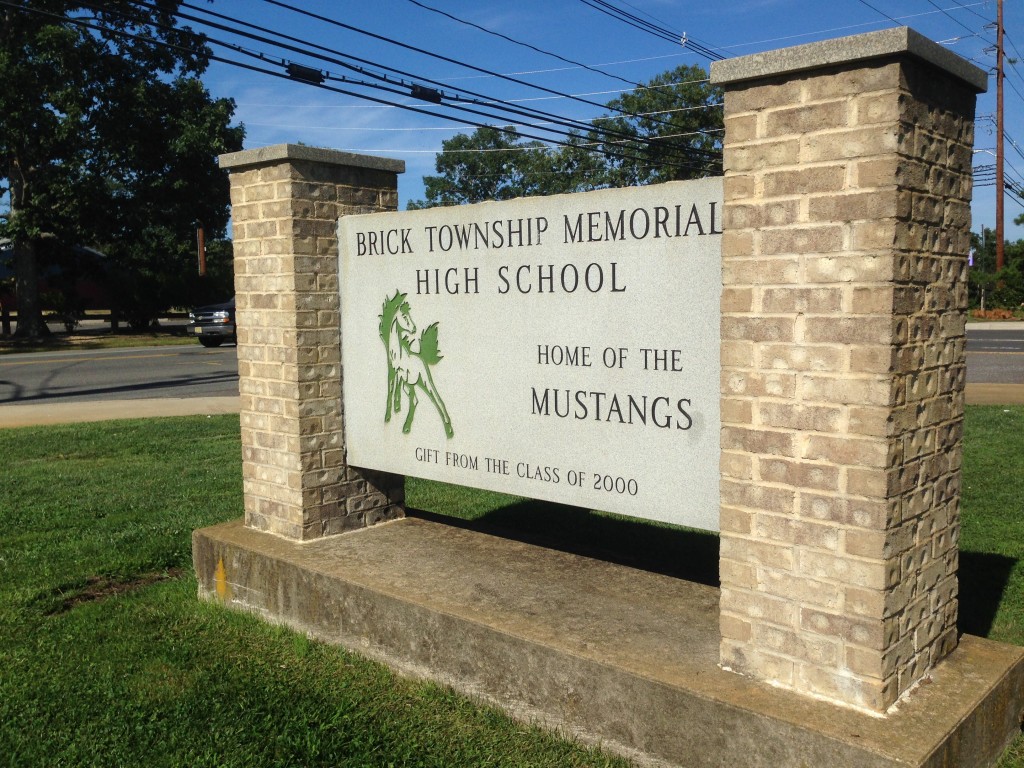Citing the need to protect the health of New Jersey’s 1.6 million public and private school students as well as thousands of educators and support staff, New Jersey Gov. Phil Murphy on Monday announced that statewide school closures will be extended through the end of the 2019-2020 academic year to continue to prevent the spread of the coronavirus pandemic. Private schools with longer academic years will remain closed until at least June 30.
While the prohibition of in-person instruction will be maintained through the end of the school year, public schools will continue to provide remote learning for students to allow districts to meet the state-required minimum of 180 instruction days. Days that consisted of remote learning will be counted as legal school days, the state previous decided.
“This is a difficult decision and I know that many students, parents, and staff would like to be able to return to school,” said Murphy. “However, I have been unwavering on the message that we need to make decisions based on science, not emotion. And while New Jersey is making great strides in mitigating the spread of COVID-19, science tells us that at this point, we can’t safely re-open our schools.”
|
|
Murphy said his administration will create a committee consisting of “a diverse group of stakeholders in the education community.” The committee will explore “summer learning opportunities for all students, including school-sponsored summer programming and Extended School Year for students with disabilities.”
The committee will also provide recommendations to the administration as to which services need to continue to be provided remotely should the public health emergency extend past the conclusion of the 2019-2020 school year.
“I commend Governor Murphy’s thoughtful, deliberative approach that takes into account the concerns of school administrators, teachers, and other stakeholders in the education community,” said Education Commissioner Lamont O. Repollet. “However, the most compelling factor guiding today’s decision is the health of New Jersey’s students and educators, and their families.”
Murphy also announced how the state would spend $310 million it received from the federal government for the education sector. The funds will be used to “improve continuity of learning, assist with sanitizing and deep cleaning of school buildings, and address the emotional needs of students.”
- Purchase of educational technology, including hardware, software and connectivity
- Purchase of sanitization and cleaning supplies
- Mental health supports
- Plan and implement activities related to summer learning and supplemental after-school programs, including providing online learning during the summer months to address the needs of student subgroups
- Planning and coordinating the distribution of meals to eligible students
- Provide principals and other school leaders with the resources necessary to address the needs of their individual schools
- Activities to address the unique needs of student subgroups

Advertisement











